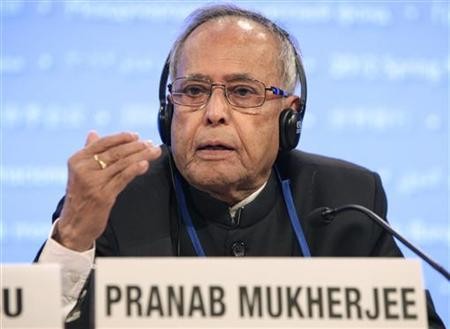
Finance Minister Pranab Mukherjee addressing a gathering in Washington on Friday termed concerns of U.S. investors over tax amendments in India as "unfounded".
While talking at a think-tank talk on the sidelines of the annual spring meetings of the World Bank and International Monetary Fund, he suggested the investors not to worry about any retroactive tax liabilities.
The last month budget proposal in India sparked uncanny speculations in the minds of the foreign investors as they thought Indian tax authorities would dwell upon the past tax records asking for a settlement now.
"There is some sense of despondency amongst a section of U.S.A. businessmen, particularly because of their apprehension - and I would say misapprehension - about certain legislative amendments which we have proposed," Reuters quoted Mukherjee as saying.
Indian Finance Minister noted that cases older than 6 years shall not be reopened. "Would the income tax cases be reopened from 1962? The answer is 'no.' No case can be reopened which is more than six years old," he added.
The budget for 2012-13 proposed to tweak the tax law that would permit tax officials to make retroactive claims on overseas corporate deals and introduce new measures to reduce companies' ability to avoid paying Indian taxes.
The proposal wasn't received well by the critics, arguing that they forewarned that implementing this rule would blight India's image as the destination for the investments by overseas business entities.
However, Pranab Mukherjee tried to underplay the issue over the new tax rule as he saw it could negatively impact the flow of foreign investments.
"There is no uncertainty," he said, adding that India would hold transparent, open discussions with those who have complaints about the law.
Meanwhile, U.S. Treasury Secretary Timothy Geithner on Thursday pressed Mukherjee for reassurances India remains open to foreign investment, a U.S. Treasury Department spokeswoman said.
The budget proposal would retroactively impose a capital gains tax on merger and acquisition deals conducted overseas where the underlying asset is located in India. It would amend 50-year-old tax laws to allow New Delhi to pursue taxes on long-concluded transactions.
(With inputs from Reuters)









